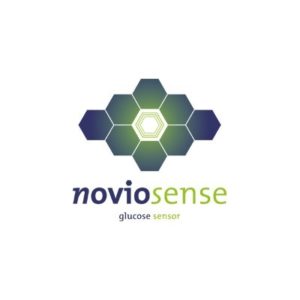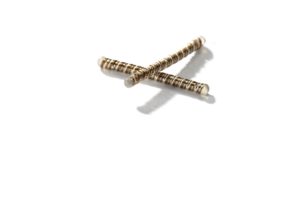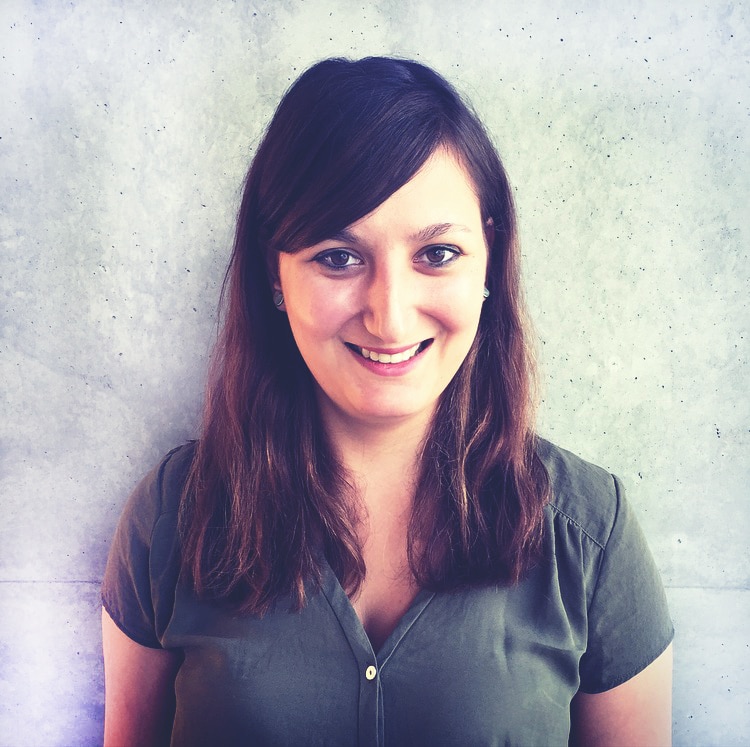Meet our CODE_n CONTEST Finalists 2016: NovioSense from the Netherlands
 NovioSense, CODE_n CONTEST Finalist in the HealthTech cluster, is a medical sensor company that develops cellphone-powered sensor devices for glucose monitoring in diabetics. Their first product is a non-invasive, wireless, cellphone-powered sensor that measures glucose levels in tears. CEO Dr. Christopher Wilson, has run us through his vision for the young Dutch company – which is quite amazing. Read for yourself!
NovioSense, CODE_n CONTEST Finalist in the HealthTech cluster, is a medical sensor company that develops cellphone-powered sensor devices for glucose monitoring in diabetics. Their first product is a non-invasive, wireless, cellphone-powered sensor that measures glucose levels in tears. CEO Dr. Christopher Wilson, has run us through his vision for the young Dutch company – which is quite amazing. Read for yourself!
What is noviosense all about? How did you come up with the idea?
Christopher:NovioSense is all about changing the status quo in diabetes monitoring. We are going to bring a non-invasive glucose monitor with the accuracy of minimally invasive devices at a price point that is accessible to all diabetics. The idea first came from two of my shareholders – they wanted to make a device that measures glucose in tears for type 1 diabetics. Type 1 diabetics are still part of the plan but over the past five years since founding the company and starting to raise the capital, we realised that this solution could be a whole lot more than a niche device. Providing the patient with the ability to take the equivalent of infinite finger pricks without pain and at a price point that is accessible to all opens the door to a market ten times larger than the original concept. Aside from the market size, it is something that all stakeholders want. We talked to doctors who told us that if we can be as accurate and reliable as the current devices but encourage patients to test more and take a more proactive role in the control of their disease.
The doctors also told us that patients with type 2 diabetes are extremely non-compliant regarding monitoring and treatment, and this results in a significant number of patients needing insulin treatment later in life and suffering complications of diabetes that can be eliminated with better compliance. We talked to patients in different target groups to understand how to solve their compliance issues, and the resounding message was that they would be more compliant than they are right now if there was less hassle involved in testing and the device was more discrete. We talked to insurers who feel unhappy with the current disposable strip model and would much rather support a lower cost infinite prick solution. So this is how NovioSense was born, from a closed loop system for a small group of type 1 diabetics to a turnkey solution for everyone with diabetes or impaired glucose tolerance.
“Digital Disruption“ – that’s the motto of this year’s CODE_n CONTEST. What makes your solution innovative, what makes it disruptive?
Christopher: We are eliminating the need for a separate device allowing the patient for the first time to bring their cell phone or tablet of choice to read their glucose levels. When it comes to accuracy and reliability, we looked at what the competition do and threw it all out of the window. We went back to basics and completely redesigned the chemistry of functionalizing the sensor. By mimicking the way, the body segregates cellular constructs from the outside world we have designed a new coating strategy never before employed on a sensor device and what’s more we have eliminated the need to use solvent-based systems or animal derived products we use completely natural materials derived from a renewable source.

The result is a sensor that not only rivals the best of the market regarding accuracy but also stands head and shoulders above them regarding lifetime and tolerance to interferences. When it comes to the electronics together with Fraunhofer IMS, we are operating right on the limit of what is currently possible in energy harvesting. We are squeezing every last ounce of energy we can get from a medically compliant RF source to power the sensor in an entirely passive way, this means the device can be smaller and safer to use inside the body by eliminating the need for an on-board power source.
You’re one of the 13 finalists in the HealthTech contest cluster. Which challenges do you think young companies have to face in this sector? How do you handle these challenges?
Christopher: There are so many challenges for a small company in a regulated industry aside from the technical difficulties of realising your innovation towards a minimum viable product that can start to build revenue. Geographic location plays a big part in this also not only concerning compliance with regulatory requirements but also in raising capital. The European landscape is very risk averse. For a disruptive company striving to do something with a high risk of failure and once that failure, can be overcome a complicated regulatory process, stands before you. So you can see why so many companies fail because investors find it hard to invest in medical devices that have the potential to be blockbuster devices and shake up the market.
I want to change the status quo and use a simple solution to a big problem. I was very lucky that two funds believed in me and my innovation enough to invest at an early stage. Doing a stint in a big medical device company gave me a great running start. Smith and Nephew still has a family feel to it, even through to the board people want to share their experience and knowledge with you and in my short time there I learnt an enormous amount about how the industry works and what it takes to put a blockbuster device on the market. Working in the US was also a great experience I spent three years at UPenn and working in that driven Ivy League US environment gave me the drive and ambition and underlined the need to work with a team that thinks big and outside the box. So by spending some time in a big company to learn how the game should be played and surrounded myself with innovators with a drive for success, I think we have been quite successful so far in raising money, hitting milestones and producing a device that can compete with the best solutions out there. Finally, the most important thing that I learnt as a first-time entrepreneur was to surround yourself with people who have experience and lots of them. I am lucky enough a group of about ten experienced entrepreneurs that challenge me, my business case and my strategy at the same time as being exceptionally supportive at the end of the day experience counts.
Are there already concrete plans on when your solution will enter the market?
Christopher: I think I am asked this question about 10 times a day, from patients, clinicians and not least my shareholders. It is a tough question to answer in a market where regulatory approval is required prior to being able to sell. Right now we are on target and we are looking at a 2019 launch time frame.
All the best to you, Christopher and thanks for the interview!






Write a comment